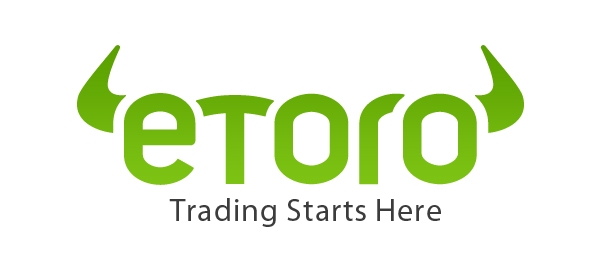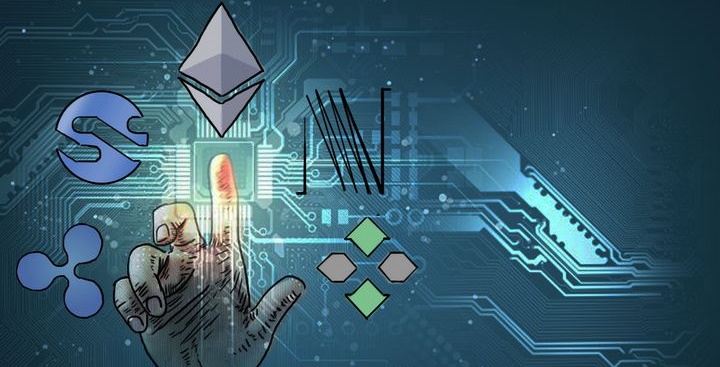The recent happenings around BitNation illustrate how simply creating a coin and starting a crowdsale is not enough. We need due diligence around projects and an engagement mechanism that ensures that project owners actually follow through with their intentions.
The great fluidity and flexibility and speed of coin-powered crowdsales often has a dark side. Many people seek to raise money with lots of promises but without any accountability. This means that they may disappear or spend the money on consumables today instead of things that create future value.
Traditional legal structures provide for lots of accountability, including treatment of the many things that can go wrong, but they do so at great cost. For many types of projects, such as with the Ethereum crowdsale, you need to go through literally hundreds of thousands of dollars of legal fees simply to get started, and you end up somewhere outside the law.
There must be a better way. And increasingly there is. One of the coolest things emerging right now in next wave of Blockchain technology is decentralized due diligence. This means that the screening of whether or not something is a viable project with good long-term potential is done via a network that also ultimately has the power to decide whether or not to move forward with a particular project.
Whereas old mechanisms of due diligence such as venture capital or 1.0 crowdfunding platforms typically rely on siloed full-time analysts, we anticipate that this next wave will let you be the ultimate engaged user and decision maker that decides what goes forward and what not.
One platform that illustrates the benefits of this method is eToro . It turns out that many of the best currency traders out there are not professionals. They are young and self-taught and rely on a good bit of intuition in addition to their analysis. Those platforms that rely on Ivy-League pedigree or other traditional evaluative mechanisms are likely to increasingly be out-competed and out-performed by the crowd.

Venture capital has never had competition like this before. There’s never been the opportunity for people to freely participate in the whole process before. That’s why at our decentralized demo day we will be showcasing the members of the 99% that are making what we are doing possible.
There may be a larger problem with some forms of anarchism in that those who most seek to remove any sort of accountability are those that need it the most. But there’s another tendency in those that sit within governance or legal systems that the best response is simply extending the reach of the Leviathan.
One of the most fascinating aspects of the current growth of blockchain technology is that it can be used to include regulative and reputational elements into any given system. There are new ways of doing the proof-of-custody of funds, of blockchain powered voting, and other ways of engagement that ensure that we are moving forward instead of backwards.
Thankfully with 2.0 technology we have a ton of instruments that allows us to do this even more easily than previous technology sets. Tradable cryptotokens, multi-sig providers, blockchain powered voting, and decentralized due diligence processes all combine to make a fantastic set of technology to make accelerators that accelerate faster and better than their 1.0 versions.
Even better is that in many cases these can be combined with the strengths of existing legal regimes. Even if I strongly feel that distributed apps and organization are the future, much of the technology around it is not mature to provide all of the services youd need for a reasonably sized organization. Swarm in particular is an example of a second generation product that relies very thinly on existing infrastructure, but still we do need a bank account and other things of this nature.
One of the things that legal contracts are particularly good for is providing for edge cases. There is usually quite a lot of background on how to deal with things when they go wrong. Of course, we all hope that they don’t go wrong. But examples like BitNation show that sometimes they do.
Let’s lay the groundwork for projects that do things right, that provide a real and substantial innovation over 1.0 methods of crowdfunding and acceleration. Let’s build decentralized due diligence in which all people have a say and can create a global network that makes old infrastructure obsolete and creates real innovation.

